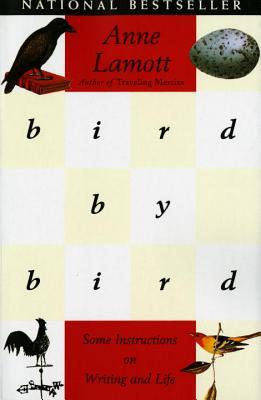

When things feel overwhelming: start with a short assignment that will get you going. “Bird by bird”.
Fight it. It will block you from doing shitty first drafts.
She uses school lunches as an example for writing about anything. Gets a text out of it that can be used or tossed. But it exists.
Writing a first draft is like a polaroid. You don’t know what it’s going to look like until it has finished developing. You don’t (can’t) know what your writing will turn out to be like/about.
Note: example story here: very touching/emotional.
I skipped the rest of part I because it’s too specific to fiction writing:
To be a good writer:
You have to write about something you deeply care about. This will come from morals. (??)
Listen to your intuition. Quiet all other voices that are not yours (including the rational one). Note: does this only work for fiction?
KFKD (K-fucked): “radio” continuously playing in your head. Has 2 tunes:
You have to silence KFKD to be able to work. Breathe.
Jealousy about other writers succeeding. Note: I didn’t read all of that part. Is this specific to a winner-take-all market?
Index cards:
Calling around:
Other sections here: Writing groups, someone to read your drafts, letters, writer’s block.